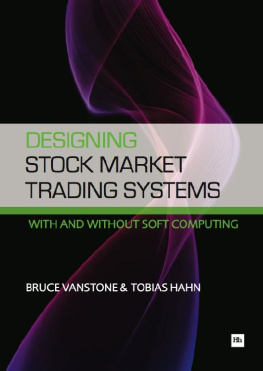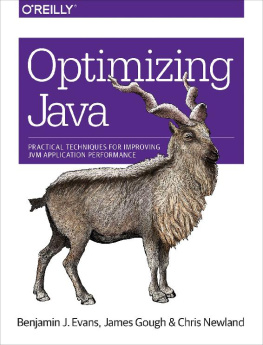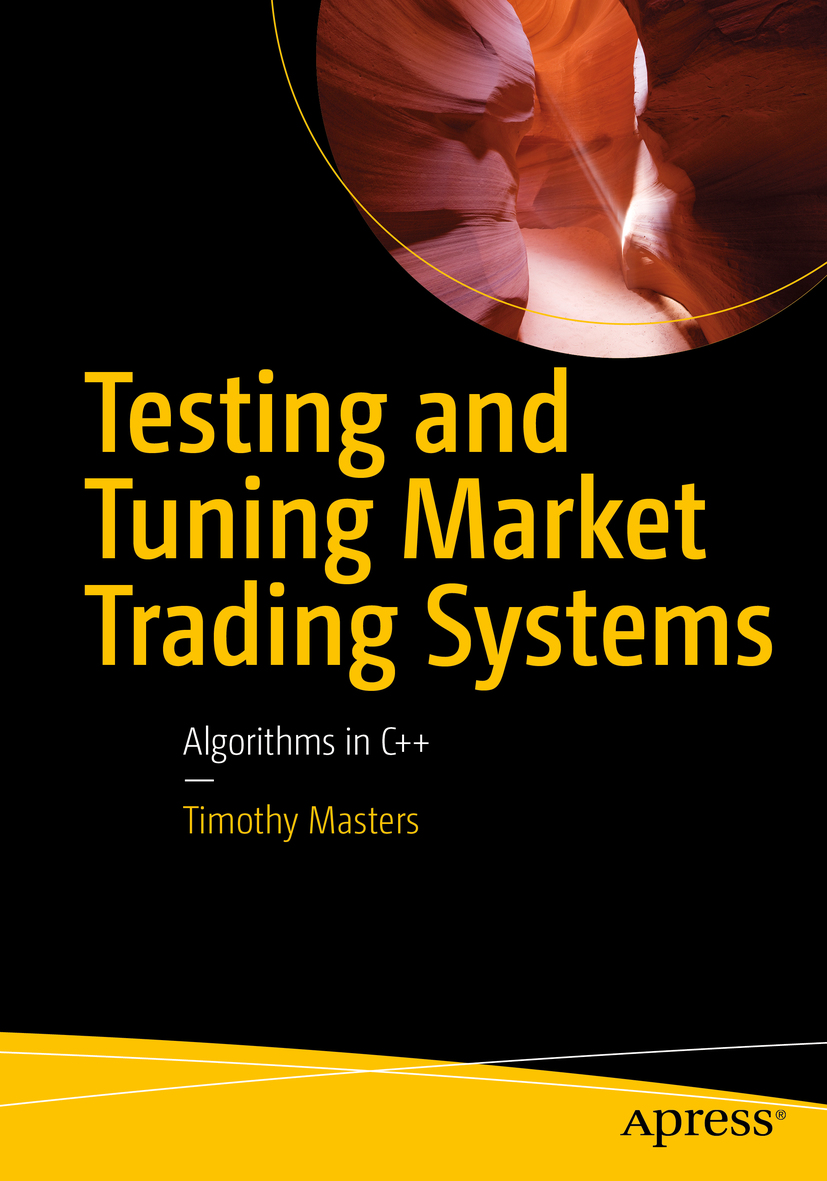Timothy Masters - Testing and Tuning Market Trading Systems: Algorithms in C++
Here you can read online Timothy Masters - Testing and Tuning Market Trading Systems: Algorithms in C++ full text of the book (entire story) in english for free. Download pdf and epub, get meaning, cover and reviews about this ebook. year: 2018, publisher: Apress, genre: Romance novel. Description of the work, (preface) as well as reviews are available. Best literature library LitArk.com created for fans of good reading and offers a wide selection of genres:
Romance novel
Science fiction
Adventure
Detective
Science
History
Home and family
Prose
Art
Politics
Computer
Non-fiction
Religion
Business
Children
Humor
Choose a favorite category and find really read worthwhile books. Enjoy immersion in the world of imagination, feel the emotions of the characters or learn something new for yourself, make an fascinating discovery.
- Book:Testing and Tuning Market Trading Systems: Algorithms in C++
- Author:
- Publisher:Apress
- Genre:
- Year:2018
- Rating:4 / 5
- Favourites:Add to favourites
- Your mark:
Testing and Tuning Market Trading Systems: Algorithms in C++: summary, description and annotation
We offer to read an annotation, description, summary or preface (depends on what the author of the book "Testing and Tuning Market Trading Systems: Algorithms in C++" wrote himself). If you haven't found the necessary information about the book — write in the comments, we will try to find it.
Timothy Masters: author's other books
Who wrote Testing and Tuning Market Trading Systems: Algorithms in C++? Find out the surname, the name of the author of the book and a list of all author's works by series.

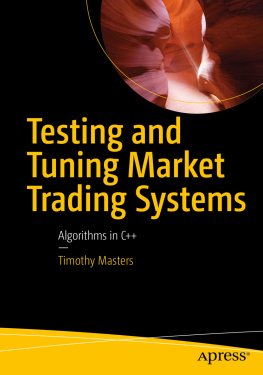
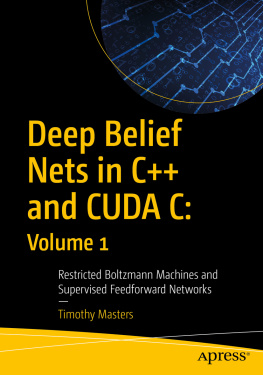

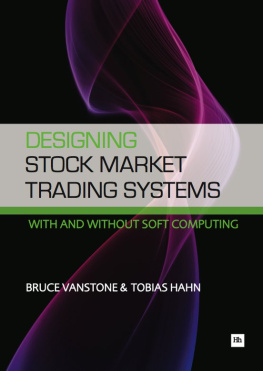
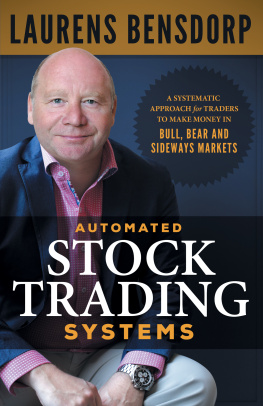
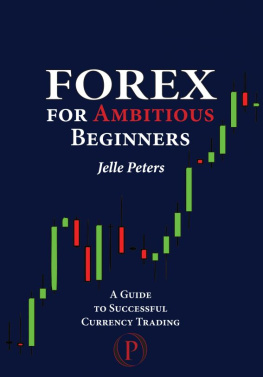
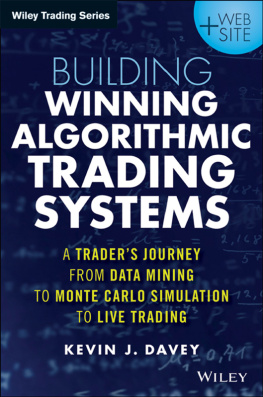
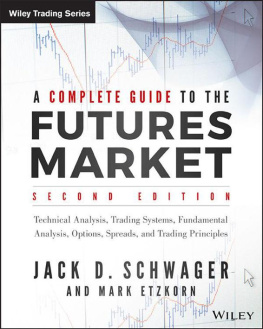
![Kevin J. Davey [Kevin J. Davey] - Building Algorithmic Trading Systems: A Trader’s Journey From Data Mining to Monte Carlo Simulation to Live Trading, + Website](/uploads/posts/book/124136/thumbs/kevin-j-davey-kevin-j-davey-building.jpg)
